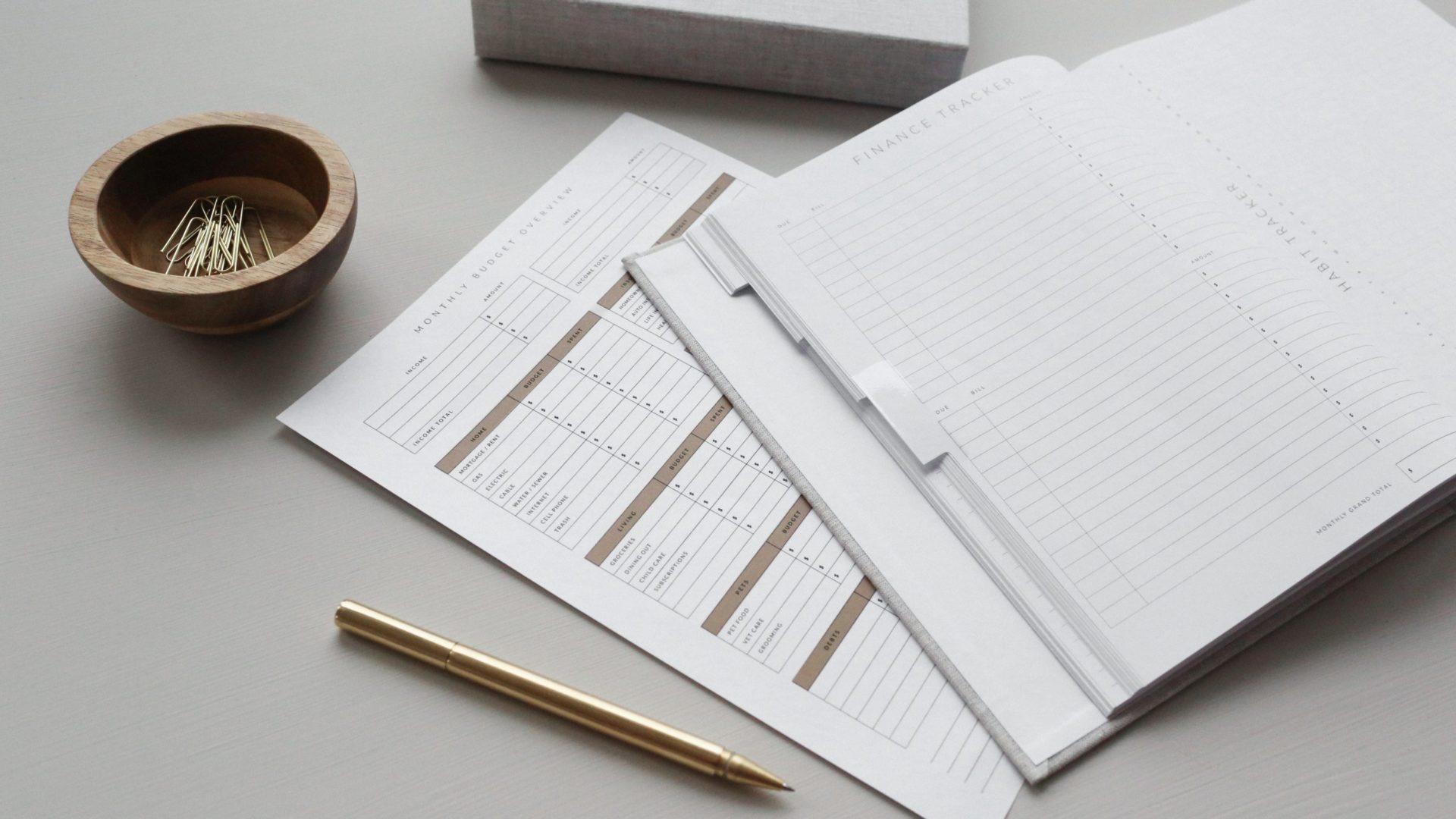For so many Australians, taking out a mortgage is an exciting and significant step – however as many know, it also comes with a significant financial responsibility and its own set of challenges. Every borrower should want to make sure from the outset that they can afford to repay every instalment of their loan on time, and on budget.
A key part of the home loan process is to always be realistic with the amount you’re looking to borrow. Interest rates or your financial circumstances could change at any time, so it’s important to give yourself some breathing room where you can. It’s important to be realistic with your property purchase so you don’t have to sacrifice your lifestyle, your guilty pleasures, night outs, and holidays just to make your mortgage repayments.
If you’re a first-time home buyer, looking for an investment property or thinking of refinancing your existing home loan altogether, here are some of our quick tips and tricks to avoid over-borrowing on your mortgage – so you can comfortably afford your payments.
- Find out your borrowing power early
Working out how much you can borrow for a home loan is an important first step in any home ownership journey. The amount you borrow will directly affect the size of your mortgage repayments each month, which is why it’s important to understand how much you can comfortably afford to borrow – based on your income, debts, individual circumstances and ongoing expenses.
Calculating your borrowing power at an early stage of the process will allow you to customise your search for a property that you like, and can definitely afford. Our Borrowing Power Calculator can help you calculate the maximum amount you’re eligible to borrow.
- If you can, aim to save for a larger deposit on your home loan
Many home loan providers will require an average deposit amounting to 20% of the value of the property you’re buying, however it’s much more advantageous in the long run if you can aim to save more than that.
A larger deposit means you don’t need to pay for additional Lenders’ Mortgage Insurance costs upfront, and you start by owning a greater equity in your property. A larger deposit now will make a world of difference over the years and potentially save you thousands of dollars.
- Create a comfortable budget buffer around your loan repayments
Any financial planner will tell you that having an effective budget helps you to feel in control of your money at all times. You can put aside money for significant bills or expenses when they arrive, and plan savings to achieve your longer-term finance goals.
That said, it’s also important to factor in any changes that may happen in the future such as increases in interest rates, changes in your employment circumstances, planning for a wedding, planning for a family, or vacations. Be sure to factor these things in and make sure that you always have at least a 5% buffer available on top of your monthly minimum home loan repayments. It’s better to be prepared to protect yourself in case of financial changes – and as the COVID-19 lockdown has shown us, financial preparation always pays off.
- Take the time to compare your home loan options
You shouldn’t just avoid over-borrowing on your new home loan – you should also make sure that your home loan will suit your individual needs, circumstances and preferences. To do this, it’s always worth taking the time to compare different loan products, and making sure that you’re paying attention to the comparison rate.
This makes it easier to understand the true cost of your loan, since the interest rate, fees and charges are all rolled into one in the comparison rate. Make sure that you’re actively looking for the lowest interest rate – a home loan is a significant long-term debt, so even a small difference in interest will add up over time.
Disclaimer: This article is not intended as legal, financial or investment advice and should not be construed or relied on as such. Before making any commitment of a legal or financial nature you should seek advice from a qualified and registered Australian legal practitioner or financial or investment advisor.





